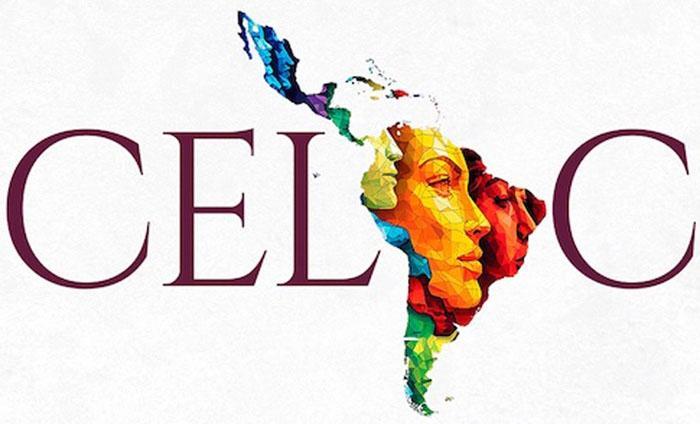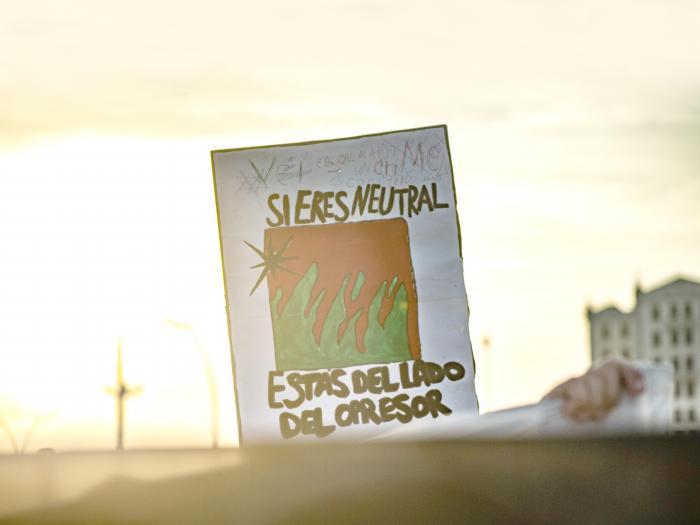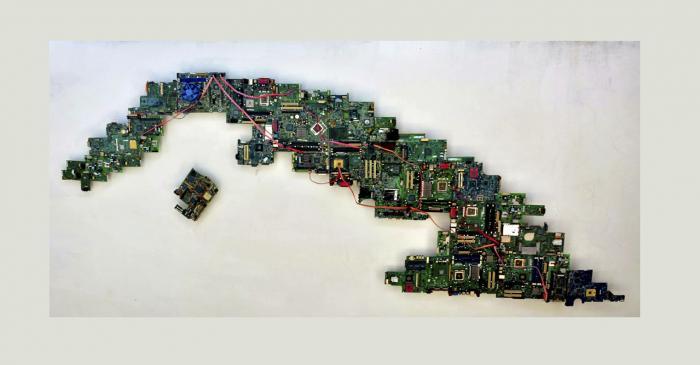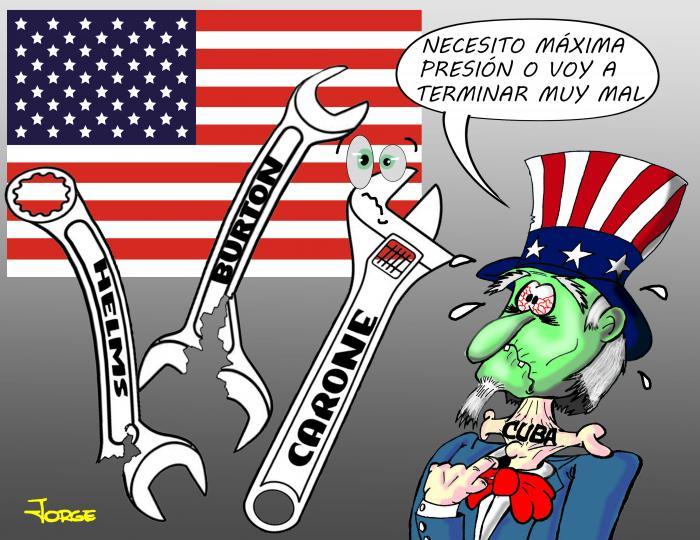


Around a dozen leaders and other representatives of the 33 member countries of the Community of Latin American and Caribbean States (CELAC) will gather this Wednesday in Tegucigalpa, Honduras, to participate in the 9th Summit of the organization.
As a forum for its own coordination, without interference from any power or hegemony, a dream that for more than 200 years was cherished by our founding fathers, the integrationist mechanism finally came to fruition with the establishment of a wave of progressive governments at the beginning of the 21st century and its first decade.
Its creation was the culmination of a process driven by Fidel, Chávez, Raúl, Lula and other progressive leaders.
Despite the ups and downs of the region, due to the interference of the U.S. empire and the sapping work of the right-wing forces -many of which have once again become government in the last 14 years- Celac continues to be, as Army General Raúl Castro Ruz would define it at the Founding Summit in 2011, “our most precious work”. “Symbolically, it consolidates the concept of a united and sovereign region, committed to a common destiny”.
Diplomat Juan Antonio Quintanilla Román, General Director for Multilateral Affairs and International Law at the Cuban Ministry of Foreign Affairs, spoke about the 9th Celac Summit, which will take place tomorrow
-Does Celac constitute that mechanism that could contribute, today more than ever, to make the dream that our heroes, from Bolívar to Martí, from Fidel to Chávez, have sought to build with so much sacrifice, a reality?
-The significance of Celac, its relevance for Latin America and the Caribbean continues to be indisputable. We must remember that the region came from decades of work in the Organization of American States (OAS), the “Ministry of Colonies” of the United States.
"Faced with the divisions promoted by this entity, leaders of our countries joined forces to achieve the founding of this important regional organization, which for the first time brought together the 33 countries of Latin America and the Caribbean, without the participation of the United States or Canada.
“This effort was later materialized in concrete cooperation projects, in the articulation of positions, in political coordination, throughout the summits that have taken place for more than ten years of existence of this community”, explained the specialist.
In one of these summits, the one held in Havana in 2014, a transcendent decision emerged: the Proclamation of Latin America and the Caribbean as a Zone of Peace, “and this is an example of the movement of integration and political agreement that Celac has given rise to; therefore, we can say that it does have a great significance for the peoples of Our America.”
-Since its beginnings, the community has been attacked by the hegemonic powers, for more than a decade it has faced many threats, and they will continue. Have the attempts of these forces to fracture the unity efforts of Latin America and the Caribbean been successful?
-From the beginnings of Celac, and as its work progressed, the forces hostile to Latin American and Caribbean integration identified that this community had great potential for regional integration, and therefore, from internal and also open pressures, they moved towards one goal: to fracture unity within the great diversity of nations that make it up, but which have, after all, that, a principle of unity in diversity, as Cuba has defended since its inception.
"The work of our community has demonstrated the usefulness of continuing to agree on political positions within the framework of the summits, the different ministerial forums, sectoral meetings... that have been held for more than ten years. The usefulness of continuing to agree on positions within our region has been demonstrated.
"Yes, we have had attempts to separate, but the leaders of the Latin American and Caribbean countries have managed to maintain that unity. "As a result, we have a rich heritage, a history made up of dozens of documents, declarations and other special communiqués that today make up a very important body of work.
Therefore, “in the face of attempts to fracture unity, Celac has been preserved, consolidated and strengthened during these years”.
-This week the 9th Summit is taking place in Honduras, which received the pro tempore presidency in 2024 after the successful management of St. Vincent and the Grenadines, in your opinion, how has Tegucigalpa's performance been?
-Even though the Honduran pro tempore presidency has had to work in a complicated regional and global context, it has also performed satisfactorily.
Quintanilla Román specified that the pronouncements in the framework of international forums, such as the United Nations Organization and the close coordination with other countries continued; the usual meetings of the national coordinators and extraordinary meetings were called in the face of particular events that have affected the region to a certain extent.
-President Xiomara Castro will hand over the pro tempore presidency of Celac to Colombia, to her colleague Gustavo Petro. What are the immediate challenges of Celac and the medium and long term perspectives?
-Surely, Colombia will carry out its pro tempore presidency with great responsibility, seriousness and professionalism, as is characteristic of its diplomacy, "together with the Celac troika and the participation of the countries that make up the community.
"As far as we know, after the summit they will start with an action plan that includes the thematic axes of the community's work for the next period, the priorities of the region, so there will be issues such as climate change; migration; the promotion of unity and integration; aspects that will remain among the most important challenges that the region will face next year.
-What is Cuba bringing to this summit and what does Cuba expect from this summit?
-We are bringing a message of unity, integration, consolidation and strengthening of the community. "It is a central axis of our actions, that all joint actions should be aimed at strengthening the role of Celac and its performance in the face of the challenges of Latin America and the Caribbean in the current global context.
"We will once again defend our sovereign right to develop in peace, to live in peace and to live without a blockade, which will be a forceful denunciation, as well as the condemnation of the reinclusion of our country in the list of States that allegedly sponsor terrorism.
-What are the issues that could possibly take center stage at this 9th Celac Summit in Tegucigalpa?
-It is expected that the key issues will revolve around challenges such as migration, climate change, energy, education? And, of course, there will be many discussions on unity and integration.
-So, Celac, despite all the challenges, continues to be the regional integration mechanism that our countries must defend?
-That is a fundamental message of the performance, not only of Cuba, but of most of the countries in the region. Yes, CELAC is a mechanism of integration, of agreement for Our America, and as such we have to defend it.
CELAC SUMMITS
Chile (2013)
Cuba (2014)
Costa Rica (2015)
Ecuador (2016)
Dominican Republic (2017)
Mexico (2021)
Argentina (2023)
St. Vincent and the Grenadines (2024)





